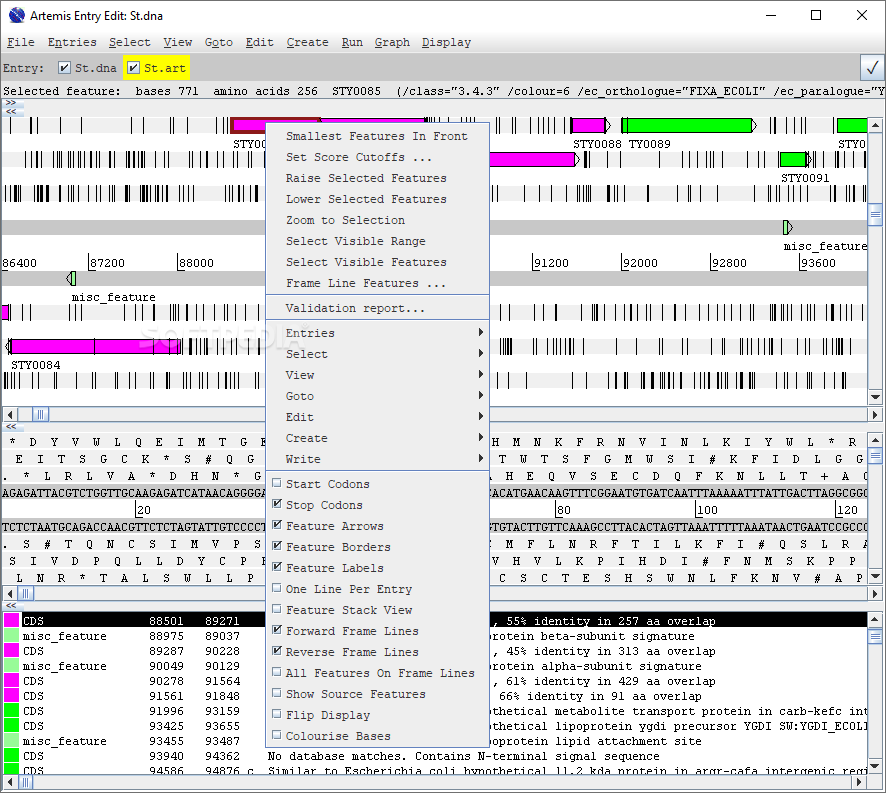

Thus, the expression levels of proteins are highly correlated with codon usage bias. The frequency of codons in a DNA sequence is positively correlated with the corresponding tRNA in a species, and the tRNA concentration determines the number of amino acids available for protein translation extension, which in turn affects the efficiency of protein synthesis 5, 6. Moreover, the codon usage bias of genes differs significantly among different functions.Ĭodon usage bias has a complex effect on protein expression levels when recombinant proteins are heterologously expressed 4. While the usage probabilities of synonymous codons are not the same during protein synthesis, a species or a gene typically prefers to use one or several specific synonymous codons called optimal codons, and this phenomenon is known as codon usage bias 3. Codons that encode the same amino acid are called synonymous codons. The codon is the basic unit of correspondence between nucleic acids carrying information and proteins carrying information and is also the basic link for information transfer in vivo.

With the rapid development of biotechnology, heterologous expression has been utilized to generate recombinant proteins for use in vaccines and pharmaceuticals 1, 2. The results show that our method for enhancing protein expression is efficient and competitive. In addition to the comparison of the codon adaptation index, protein expression experiments for plasmodium falciparum candidate vaccine and polymerase acidic protein were implemented for comparison with the original sequences and the optimized sequences from Genewiz and ThermoFisher. Theoretically, deep learning is a good method to obtain the distribution characteristics of DNA. The codon optimization models for Escherichia Coli were trained by the Bidirectional Long-Short-Term Memory Conditional Random Field. Then, the problem of codon optimization can be converted to sequence annotation of corresponding amino acids with codon boxes. First, we introduce the concept of codon boxes, via which DNA sequences can be recoded into codon box sequences while ignoring the order of bases. In this paper, we propose a novel codon optimization method based on deep learning. The existing optimization methods are based on biological indexes. Heterologous expression is the main approach for recombinant protein production ingenetic synthesis, for which codon optimization is necessary.


 0 kommentar(er)
0 kommentar(er)
